7 Companies Getting Hit by the Government Shutdown
The partial U.S.

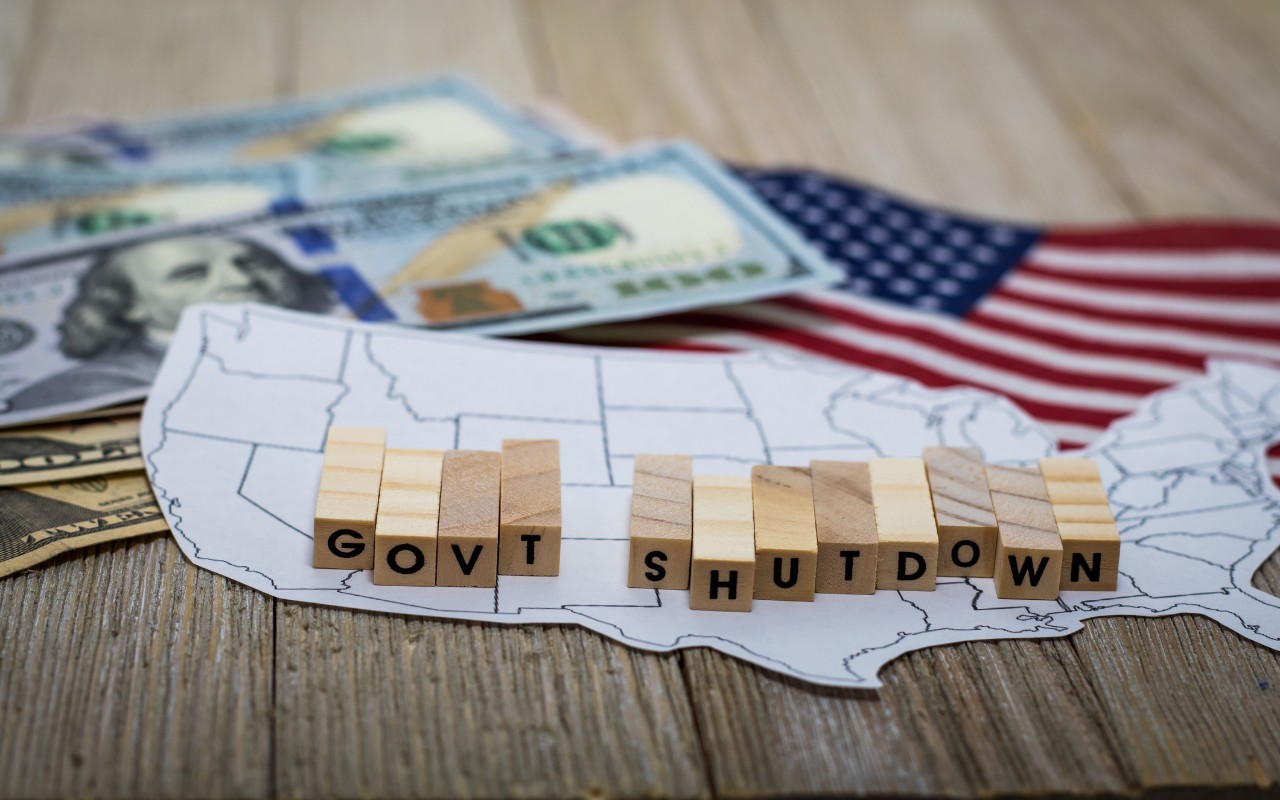
Profit and prosper with the best of Kiplinger's advice on investing, taxes, retirement, personal finance and much more. Delivered daily. Enter your email in the box and click Sign Me Up.
You are now subscribed
Your newsletter sign-up was successful
Want to add more newsletters?

Delivered daily
Kiplinger Today
Profit and prosper with the best of Kiplinger's advice on investing, taxes, retirement, personal finance and much more delivered daily. Smart money moves start here.

Sent five days a week
Kiplinger A Step Ahead
Get practical help to make better financial decisions in your everyday life, from spending to savings on top deals.

Delivered daily
Kiplinger Closing Bell
Get today's biggest financial and investing headlines delivered to your inbox every day the U.S. stock market is open.

Sent twice a week
Kiplinger Adviser Intel
Financial pros across the country share best practices and fresh tactics to preserve and grow your wealth.

Delivered weekly
Kiplinger Tax Tips
Trim your federal and state tax bills with practical tax-planning and tax-cutting strategies.

Sent twice a week
Kiplinger Retirement Tips
Your twice-a-week guide to planning and enjoying a financially secure and richly rewarding retirement

Sent bimonthly.
Kiplinger Adviser Angle
Insights for advisers, wealth managers and other financial professionals.

Sent twice a week
Kiplinger Investing Weekly
Your twice-a-week roundup of promising stocks, funds, companies and industries you should consider, ones you should avoid, and why.

Sent weekly for six weeks
Kiplinger Invest for Retirement
Your step-by-step six-part series on how to invest for retirement, from devising a successful strategy to exactly which investments to choose.
The partial U.S. government shutdown is now into its fourth week, making it the longest-ever political standoff of its kind.
While critical functions such as defense and mail delivery still are operating, other less-vital units have been mothballed, including several national parks and many Washington, D.C., monuments. A handful of agencies are somewhere in between, furloughing some nonessential workers while keeping essential ones at work to maintain the absolutely necessary aspects of their service.
The ripple effect of the shutdown, however, has extended well beyond the circle of government employees and agencies. While government shutdowns typically don't hamper the stock market, a few publicly traded stocks and privately owned companies are starting to feel the pinch. These firms either provide contracted services and goods for the government, or cater to government employees who (for now) aren't receiving a paycheck.
Here are seven companies that have been (or that analysts think could be) adversely impacted by the shutdown.
Data is as of Jan. 15, 2019.
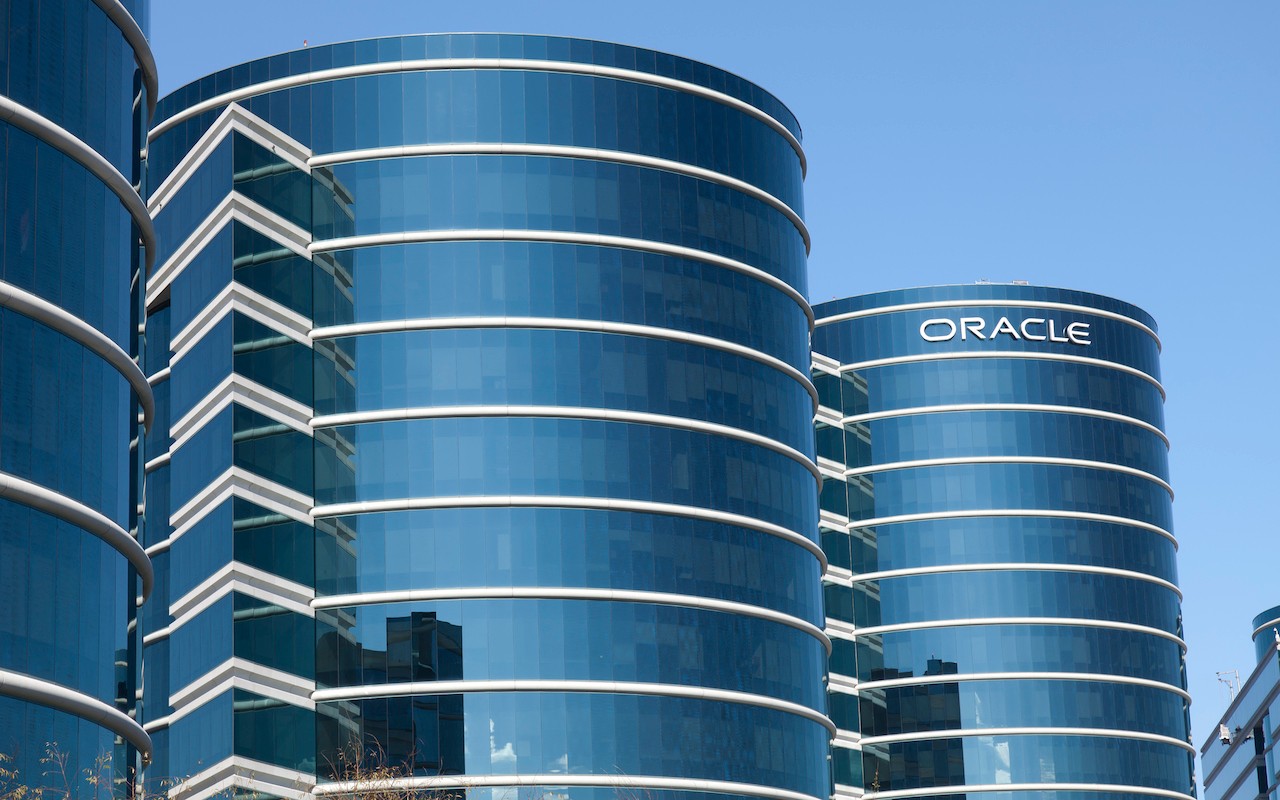
Oracle
Most arms of the federal government outsource their heaviest technological needs. The U.S. intelligence community, for instance, uses Microsoft’s (MSFT) Office 365 for US Government. The CIA has tapped Amazon.com’s (AMZN) Amazon Web Services unit to build a private cloud. International Business Machines (IBM) soon-to-be-subsidiary Red Hat (RHT) has been one of the few outfits to divulge how much of its revenue comes from government customers (10% for the past three years).
Exactly how the government shutdown could crimp technology-company earnings isn’t perfectly clear. Even when the nature of these products isn’t classified, most firms still aren’t forthcoming. But Oracle (ORCL, $48.38) CEO Mark Hurd at least acknowledged in a recent interview, “There is ongoing government contracts, ongoing government business, frankly ongoing government projects that in some cases take a pause with all this, so that certainly is an issue.”
Morgan Stanley believes 15% of the company’s sales are driven by federal government customers. Oracle has neither confirmed nor denied the estimate. Even if some of those sales are being made and paid-for, at least some piece of Oracle’s top line might be in jeopardy.
The timing of the shutdown is unfortunate for Oracle, too. The company’s fiscal third quarter began in early December and won’t end until the end of February, putting the span of the shutdown entirely within the quarter. Even if it ends soon, government spending might not reach full speed again until Oracle’s fiscal Q4.
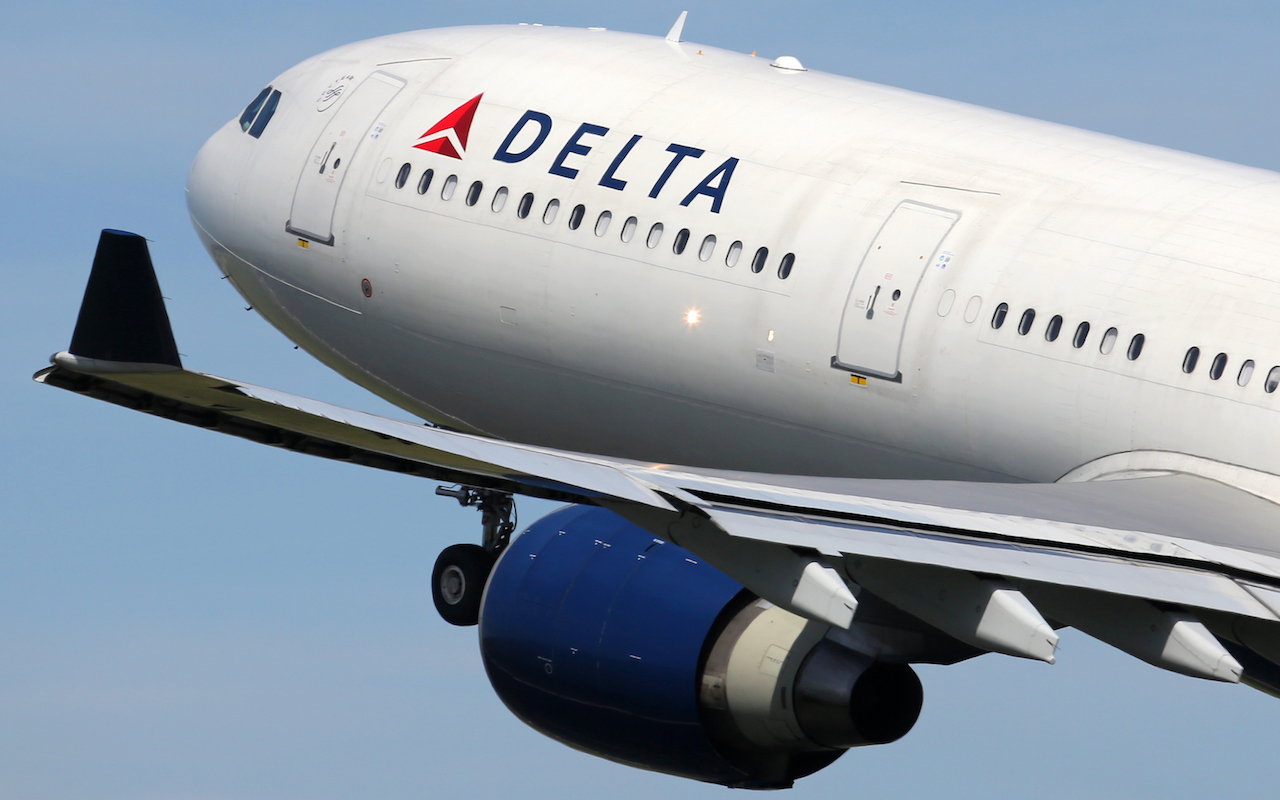
Delta Air Lines
Several of the air travel industry’s shutdown-related issues are well-known at this point. Unpaid Transportation Security Administration (TSA) workers are calling in sick, leaving airports with longer security lines; air-traffic controllers are working without pay, but the longer this goes, the more industry workers could seek out different employment.
- Delta Air Lines (DAL, $47.83) is facing its own headaches, and it’s not the aforementioned logistical issues. Instead, it’s the fact that government employees do a lot of flying.
“We’re seeing a reduction in revenues in January,” says Delta CEO Ed Bastian, who said the losses are “not huge,” but still offers a specific number: “about $25 million due to the fact that government contractors and some government officials are not traveling the way they would anticipate because of the shutdown.”
And while some workers will be paid for their hours once the shutdown ends, Delta can’t exactly go back in time and retroactively earn that business.
That’s not the only sales hit that Delta and its peers face. Indirectly, airlines can’t put new planes into service because they require safety inspections from government employees who currently aren’t working. Delta had planned to put brand-new Airbus (EADSY) A220 jets into service on Jan. 31, but unless the shutdown ends in time, that can’t happen. A330-900neos also could be affected.
One last consideration; New routes also must be approved by regulators that are presently furloughed. However, it’s not clear whether Delta has been forced to postpone the development of any new flights.

Columbia Sportswear
It’s arguably more bark than bite, but Columbia Sportswear (COLM, $82.73) reports it’s also on the wrong end of this political stalemate. That’s because campers and outdoor enthusiasts from coast to coast are locked out of the country’s currently closed national parks.
“We would expect that people who want to go outdoors need apparel and need footwear to enjoy the outdoors and we expect that over time this will definitely have an impact,” said Columbia Sportswear CEO Tim Boyle, who did not cite any specifics about the shutdown’s impact. Boyle was specific in his blame though, pointing the finger at both parties. “We want both sides to come together to get this solved and get parks open again,” he said.
Ashford, Washington-based sporting goods company Recreational Equipment, Inc. (better known as REI) delivered a response to the government shutdown, too – not about the impact to its own business, but others. In addition to describing the toll being taken on national parks, REI says, “On an average day in January, 425,000 park visitors spend $20 million in gateway communities across the U.S.,” citing numbers from the National Parks Conservation Association’s government affairs team.

Uber and Lyft
Neither Uber nor Lyft are publicly traded – yet. However, both ride-hailing services could find their initial public offerings postponed. The Securities and Exchange Commission still is monitoring markets, but workers that would review and respond to registration filings aren’t being allowed back to their desks yet. This may or may not impact the Lyft or Uber IPOs; it’s largely a matter of timing.
Both companies have confirmed they’ve submitted the initial paperwork required to take their respective organizations public. But that’s only the first step in what could be a lengthy process as SEC officials review these documents and request more information as needed. It can take months for some companies to finalize their filings and get the SEC green light for a public offering.
Renaissance Capital principal Kathleen Smith is concerned in that regard, telling MarketWatch, “As the government shutdown continues into 2019, a backlog is building that will delay the IPO process for companies of all sizes, including the large tech deals such as Uber, Lyft, Slack, Pinterest, etc., that are on file confidentially.”
Timothy Kviz, BDO’s national assurance managing partner for SEC services, added that he worries much of the idle IPO paperwork will have “gone stale” by the time regulators review it. That would force those organizations to start over on an updated submission.
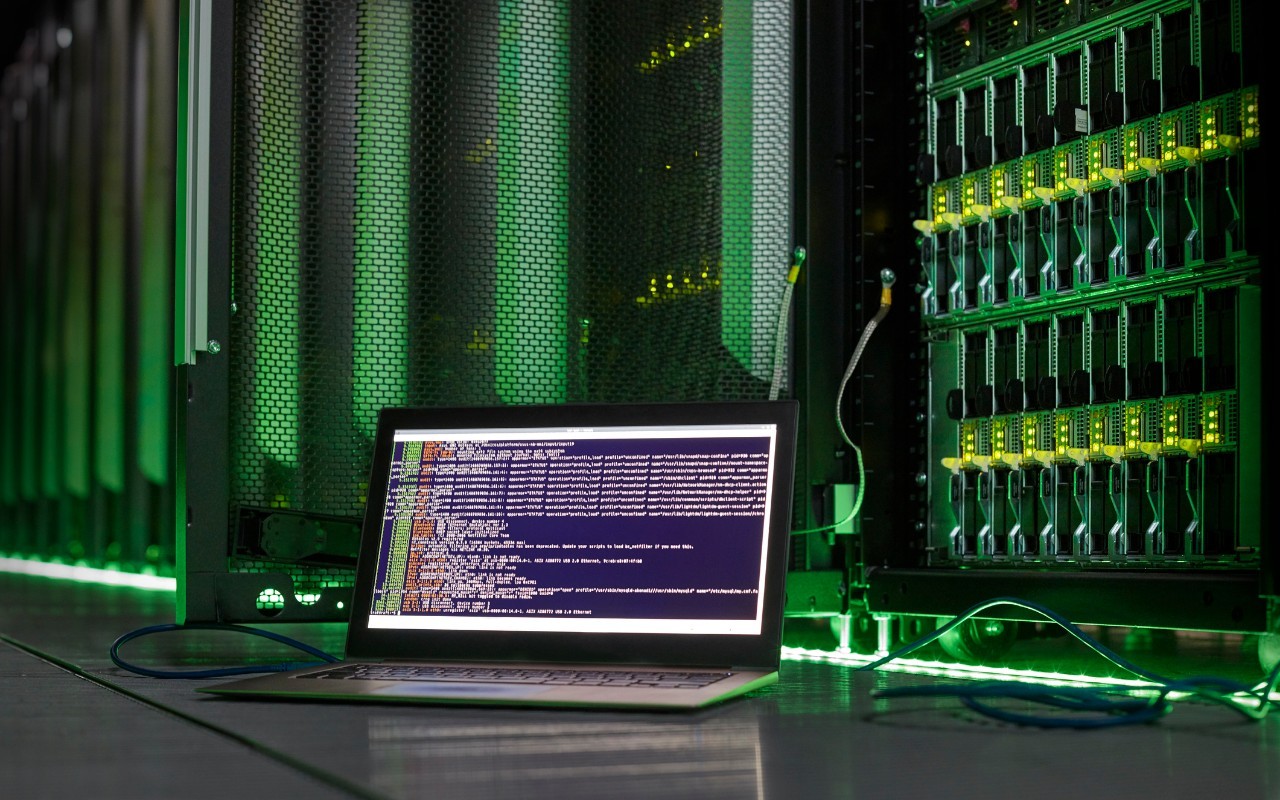
Science Applications International
The United States’ Armed Forces personnel still are on the job. Defense contractors still are doing development work, too, as most major projects were planned and started well before the government shutdown began. However, some individual contractors that do day-to-day service work in areas such as IT support and consulting aren’t working and aren’t being paid.
The matter leaves some companies in a lurch.
For larger players such as $77 billion Lockheed Martin (LMT) or $48 billion General Dynamics (GD), it’s not much of a hardship because much of the work they are doing is deemed important enough to continue doing. And in cases where it's not, those companies have plenty of liquidity to continue paying personnel. But the situation might be more difficult to navigate for smaller companies such as $2.7 billion Science Applications International (SAIC, $63.29).
Specifically, SAIC has to spend $10 million per week to keep those staffers paid, even though the federal government isn’t reimbursing the company for that work Making matters worse, Science Applications says the government is now as much as $50 million behind in its payments due the company.
SAIC might be harder-hit, but it’s hardly alone. Bloomberg estimates an average of $200 million worth of contracted business per day is not being awarded to anyone in the industry during the shutdown.
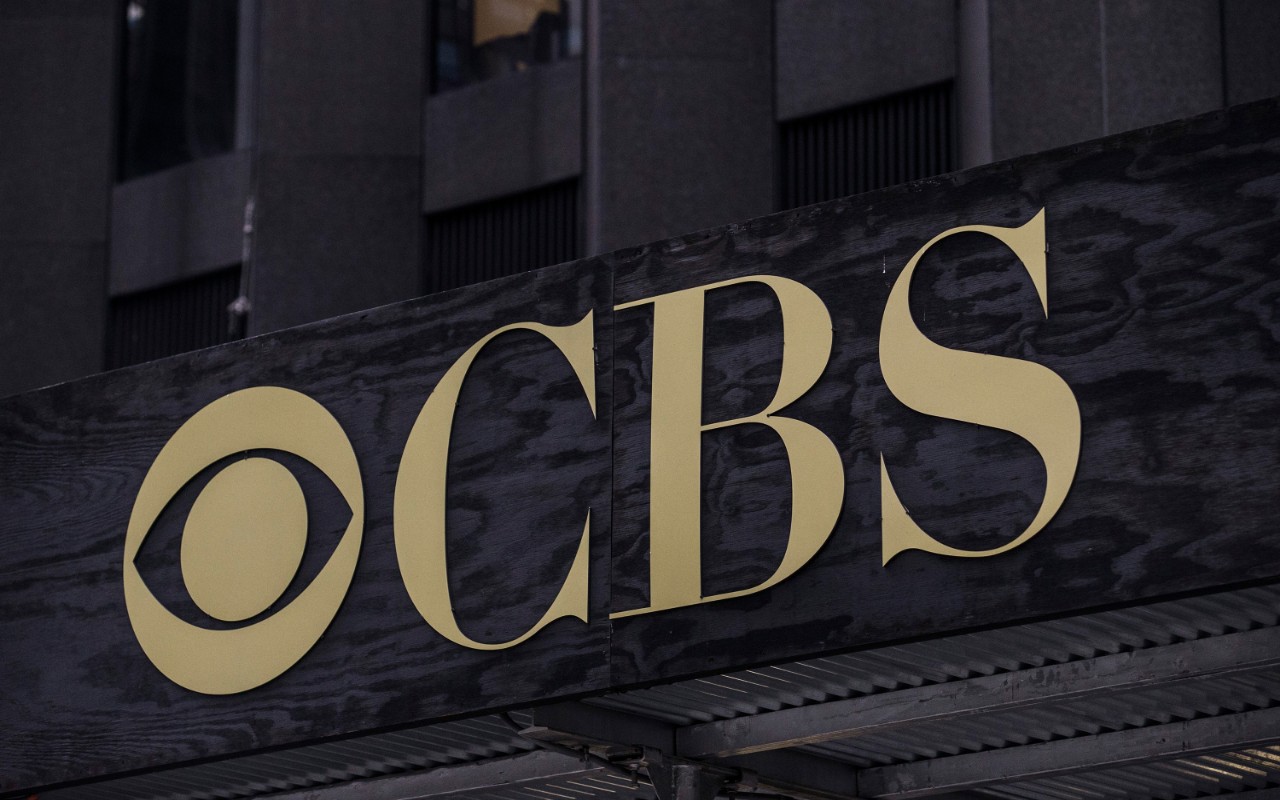
CBS
If anything, temporarily out-of-work government employees might have more time to spend watching television, slightly bolstering ratings for CBS (CBS, $47.80) in an environment that otherwise shouldn’t impact the entertainment industry. But there’s one nuance to the timing of the shutdown that has a small chance of being problematic.
CBS has the honor of airing this year’s Super Bowl, scheduled for Sunday, Feb. 3. Granted, it paid for the honor, but selling 30 seconds worth of ad time at more than $5 million a pop makes it a worthwhile investment. Indeed, for some viewers, the commercials themselves are the more entertaining aspect of the Super Bowl.
However, it’s possible that some of the game’s would-be advertisers won’t be able to run the ads they were hoping would introduce new products with a splash.
Consumer technology companies are vulnerable to this possibility. The FCC must approve any new product before it can be in the United States, but this arm of the FCC isn’t operating right now. No tech outfit has yet reported a cancellation of plans to unveil a new device during the Super Bowl, but newly launched 5G services and smartphones would have benefitted from the kind of exposure only the big game can provide.
Beer companies are in the same spot. Any alcoholic beverage company looking to launch a new product ahead of the game hasn’t been able to win the Alcohol and Tobacco Tax and Trade Bureau’s approval, as the department has been shuttered since late December. Those industries are traditionally key buyers of Super Bowl ad time.
To be clear: The potential pain (however minimal) to CBS is currently just speculative, with no reports that anyone has yet canceled an ad for these reasons. At this moment, it is merely a possibility.
Profit and prosper with the best of Kiplinger's advice on investing, taxes, retirement, personal finance and much more. Delivered daily. Enter your email in the box and click Sign Me Up.

-
 Betting on Super Bowl 2026? New IRS Tax Changes Could Cost You
Betting on Super Bowl 2026? New IRS Tax Changes Could Cost YouTaxable Income When Super Bowl LX hype fades, some fans may be surprised to learn that sports betting tax rules have shifted.
-
 How Much It Costs to Host a Super Bowl Party in 2026
How Much It Costs to Host a Super Bowl Party in 2026Hosting a Super Bowl party in 2026 could cost you. Here's a breakdown of food, drink and entertainment costs — plus ways to save.
-
 3 Reasons to Use a 5-Year CD As You Approach Retirement
3 Reasons to Use a 5-Year CD As You Approach RetirementA five-year CD can help you reach other milestones as you approach retirement.
-
 Stocks Rise to the Spirit of the Season: Stock Market Today
Stocks Rise to the Spirit of the Season: Stock Market TodayInvestors, traders and speculators are beginning to like the looks of a potential year-end rally.
-
 Nasdaq Leads as Tech Stages Late-Week Comeback: Stock Market Today
Nasdaq Leads as Tech Stages Late-Week Comeback: Stock Market TodayOracle stock boosted the tech sector on Friday after the company became co-owner of TikTok's U.S. operations.
-
 Nasdaq Sinks 418 Points as Tech Chills: Stock Market Today
Nasdaq Sinks 418 Points as Tech Chills: Stock Market TodayInvestors, traders and speculators are growing cooler to the AI revolution as winter approaches.
-
 Stocks Struggle Ahead of November Jobs Report: Stock Market Today
Stocks Struggle Ahead of November Jobs Report: Stock Market TodayOracle and Broadcom continued to fall, while market participants looked ahead to Tuesday's jobs report.
-
 AI Stocks Lead Nasdaq's 398-Point Nosedive: Stock Market Today
AI Stocks Lead Nasdaq's 398-Point Nosedive: Stock Market TodayThe major stock market indexes do not yet reflect the bullish tendencies of sector rotation and broadening participation.
-
 Dow Adds 646 Points, Hits New Highs: Stock Market Today
Dow Adds 646 Points, Hits New Highs: Stock Market TodayIt was "boom" for the Dow but "bust" for the Nasdaq following a December Fed meeting that was less hawkish than expected.
-
 Why I Trust These Trillion-Dollar Stocks
Why I Trust These Trillion-Dollar StocksThe top-heavy nature of the S&P 500 should make any investor nervous, but there's still plenty to like in these trillion-dollar stocks.
-
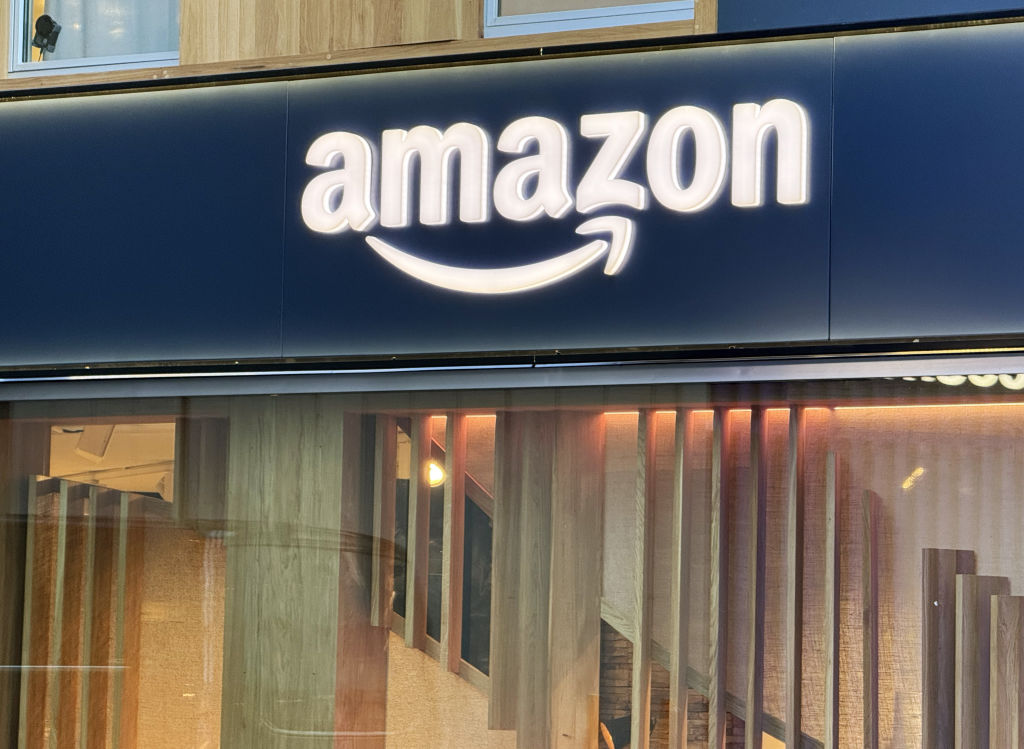 Stocks Close Out Strong Month With Solid Amazon Earnings: Stock Market Today
Stocks Close Out Strong Month With Solid Amazon Earnings: Stock Market TodayAmazon lifted its spending forecast as its artificial intelligence (AI) initiatives create "a massive opportunity."
